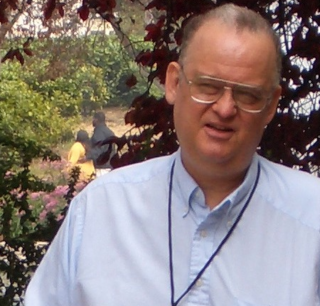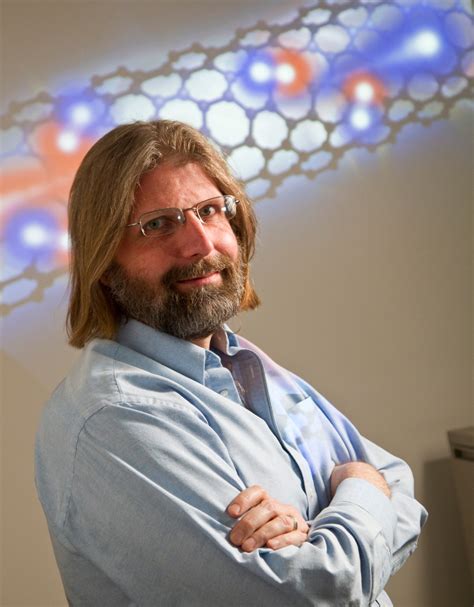A Quote by K. Eric Drexler
In thinking about nanotechnology today, what's most important is understanding where it leads, what nanotechnology will look like after we reach the assembler breakthrough.
Quote Topics
Related Quotes
There's a book of interviews with John Cage by Joan Retallack called Musicage that was finished the summer that he died, in 1992. And in one of the last interviews, he was very excited to talk about nanotechnology. There's real technophilia from him, a kind of utopian embrace of the idea that nanotechnology will free people up to do what they really want to do.
In 1998, I set up and directed a research group at the Nanotechnology Institute newly created in the Research Center of Karlsruhe. This allowed to offer to former post-doctoral coworkers the opportunity to develop and to progressively set up independent research activities in nanoscience and nanotechnology.
The aliens on this planet are also attempting to clone or replicate the human form artificially. Their original form, being humanoid, cannot pass the field that was established around the Earth. But if they can clone or cybernetically change their forms, it may help their designs. This is why virtual reality, cybernetics, cloning, and nanotechnology are in vogue today.


































